Search Results
Showing results 1 to 20 of 82
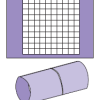
Dust Catchers
Source Institutions
In this activity related to indoor air pollution, learners build take-home dust catchers with wax paper and petroleum jelly.

Latent Prints
Source Institutions
In this activity, learners examine fingerprints. Learners leave a hidden print on a surface and then make their own print detecting powder from graphite (found in pencils).
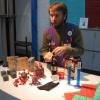
Surface Area
Source Institutions
In this demonstration, learners discover that nanoparticles behave differently, in part because they have a high surface area to volume ratio.

Exploring Materials: Liquid Crystals
Source Institutions
In this activity, learners discover that the way a material behaves on the macroscale is affected by its structure on the nanoscale.
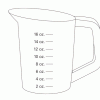
Using Food Labels
Source Institutions
In this nutrition activity, learners explore food labels and consider the nutritional value of foods. Learners also explore units of measurement commonly used on food labels.
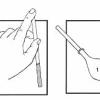
Odors Aloft
Source Institutions
Learners smell balloons filled with different scents to guess what's inside. From this, they infer the presence and motion of scented molecules.
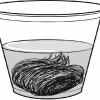
Kool Colors
Source Institutions
Learners investigate how temperature affects the rate of chemical reactions by observing how steel wool reacts with various types of Kool-Aid solutions at different temperatures.

Patterns and Relationships: Peddling Petals
Source Institutions
In this math lesson, learners use the setting of a flower-making fundraiser to explore a variety of patterns. Learners examine the patterns in a flower design made of triangles surrounding a square.
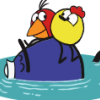
From Here to There
Source Institutions
In this water activity, learners discover ways to move water across the water table.
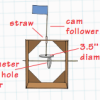
Crank It Up
Source Institutions
In this engineering activity, learners explore simple machines and then build cardboard automata using cams.
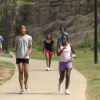
Workin' It Out
Source Institutions
In this activity, learners explore how to stay fit the fun way. Learners participate in three physical activities.
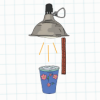
Insulation Station
Source Institutions
In this physical sciences activity, learners explore insulation. Leaners investigate how insulation can be used to slow down the conduction of heat from one side of a wall to the other.

Exploring Shadows
Source Institutions
This activity guide features three related explorations to help learners ages 3-6 investigate shadows via the following science concepts: A shadow is made when an object blocks the light; you can chan
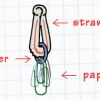
Deep Sea Diver
Source Institutions
In this ocean engineering activity, learners explore buoyancy and water displacement. Then, learners design models of deep sea divers that are neutrally buoyant.
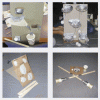
Get-Moving Game
Source Institutions
In this invention challenge activity, learners create an indoor game for one or two people that gets you moving.
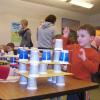
Exploring Structures
Source Institutions
This event guide features three related explorations in which learners investigate the following science concepts: how you design and build a structure helps determine how strong it will be; different
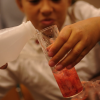
DNA Extraction
Source Institutions
Learners use a simple process to extract DNA from strawberries.
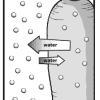
Bend a Carrot
Source Institutions
In this activity, learners investigate the process of osmosis by adding salt to a sealed bag of raw carrots and comparing it to a control.
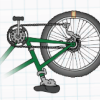
Pedal Power
Source Institutions
In this engineering activity, learners examine bicycle mechanics and gear ratios. Learners determine which gears will help them bike a set course in the shortest amount of time.
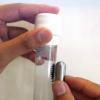
Exploring Materials: Ferrofluid
Source Institutions
In this activity, learners discover that a material can act differently when it's nanometer-sized.
